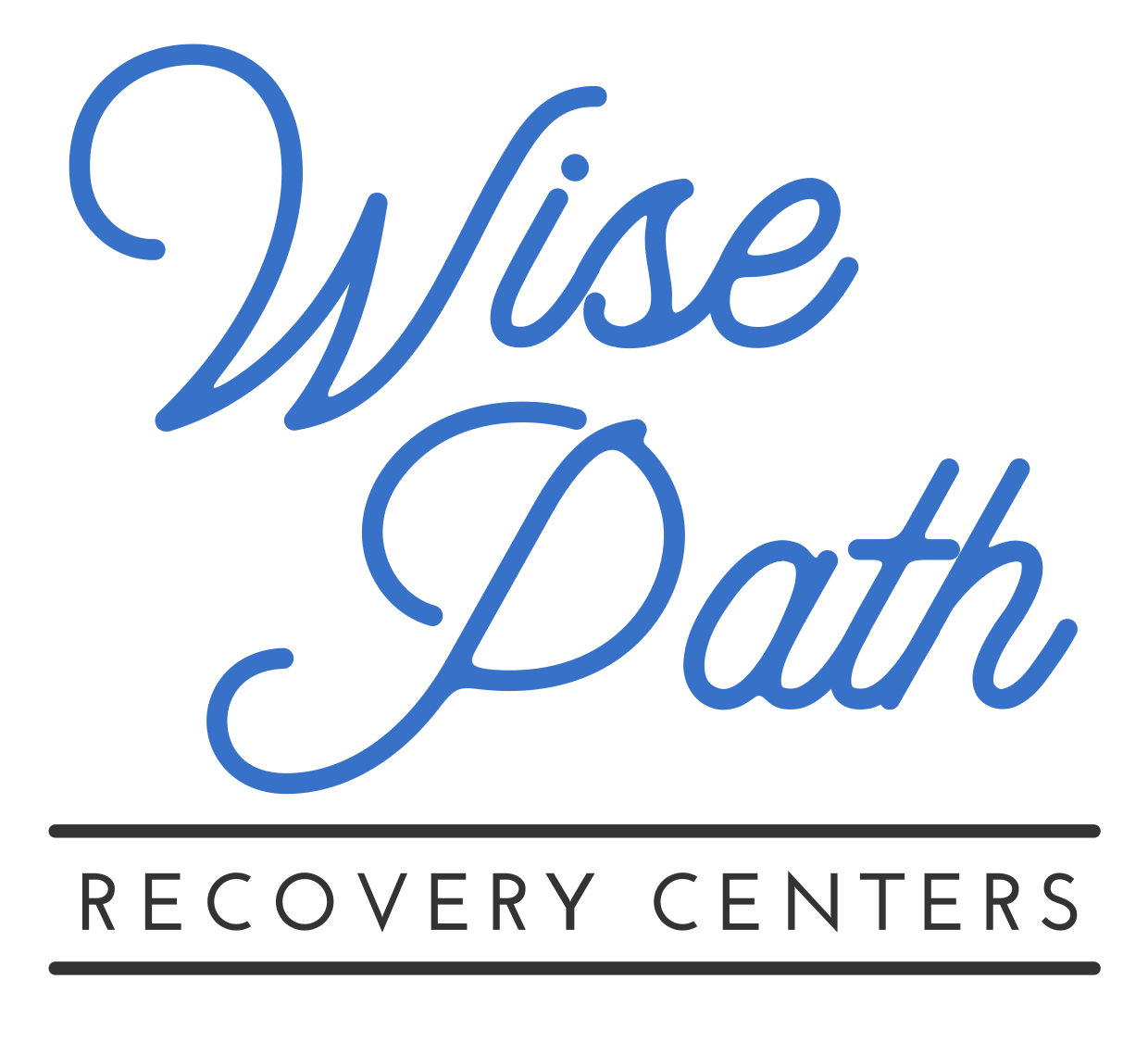The journey to recovery from alcohol and substance misuse can be a challenging and life-altering experience. One of the most critical phases in this process is detoxification, commonly referred to as detox, followed by stabilization, which is essential in supporting your body as it goes through drug withdrawal. Detox is the process of removing harmful chemical byproducts from the body, which are often the result of excessive or chronic alcohol and drug use.
When you decide to stop using these substances, your body goes through a transformation known as withdrawal, which can be accompanied by various physical, emotional, and psychological symptoms. Drug withdrawal can be dangerous and even life-threatening, making medically monitored drug detox and withdrawal stabilization a crucial component of the recovery journey.
In this blog post, we’ll explore the importance of supervised detox and withdrawal stabilization and introduce you to the services provided by Wise Path Recovery Centers to support individuals in this critical phase of recovery.
Symptoms Common with a Drug Detox
Detoxification is a crucial first step in the recovery process, as it helps individuals rid their bodies of the toxic remnants of alcohol and drug use. It is during this phase that many people experience drug withdrawal symptoms, which can be physically, emotionally, and psychologically challenging.
The physical symptoms of withdrawal may include
- headaches,
- seizures,
- nausea and vomiting,
- cramping,
- muscle/joint aches,
- and more.
Meanwhile, the psychological and emotional symptoms of drug withdrawal can encompass depression, anxiety, panic attacks, insomnia, mood swings, and irritability, among others. These symptoms often make it incredibly difficult to quit alcohol and drug use without professional support and supervision.
Prioritizing Your Safety with Medically-Supervised Drug Detox
This is where the Wise Path Recovery Centers’ drug detox and withdrawal stabilization treatment service comes into play. Our team of highly qualified medical professionals, including doctors and nurses, is available to monitor symptoms, respond to complications, and provide the necessary support to help individuals manage the drug withdrawal period. This support includes a combination of medication, psychotherapy, and social support, designed to make the detox process safer and more manageable.
What Happens During Drug Detox?
The process of detoxification involves several stages, which vary from person to person depending on individual factors. Let’s take a closer look at these stages:
- Assessment: During your intake, the team consisting of medical and clinical professionals evaluates your unique needs and communicates with each department so that everyone is on the same page. This step is crucial to ensure your safety during detox and drug withdrawal.
- Detox: We’re dedicated to ensuring a comfortable detox experience and reducing cravings through medication-assisted treatment (MAT). We focus on comprehensive stabilization, addressing both physical and mental health, recognizing that all aspects of your life are vital for genuine recovery. Our medication offerings include Buprenorphine (Suboxone), Extended-Release Buprenorphine (Sublocade), Naloxone (Narcan), and Vivitrol, designed to support your recovery journey.
- Withdrawal Stabilization: As your body adjusts to the absence of substances of misuse, you enter the stabilization phase. Think of detox as the period from your last dose to the point when the substances leave your system entirely, and think of stabilization as the period between the end of detox and when you are ready to transition to a less immersive level of care, such as residential treatment, which is also available at our Morgantown, WV location.
Stabilization involves various forms of treatment, including psychotherapy, recovery skill development, medication-assisted treatment (MAT), peer support, and other therapeutic modalities. This integrated approach offers numerous benefits, including decreased drug withdrawal severity, a reduced risk of relapse, decreased risk of overdose, increased medical, emotional, and psychological stability.
- Treatment and Recovery: Detox and stabilization are typically relatively short in duration. The length varies depending on the substances used and the clinical milestones you need to meet. These milestones are clearly defined ahead of time in collaboration with your treatment team.
What’s Next After Drug Detox & Stabilization from Drug Withdrawal?
Once you are free of substances of misuse and physically, emotionally, and psychologically prepared for the next step, you have several options. It is essential to capitalize on your recovery momentum and continue structured treatment at one of the following levels of care: residential program, partial hospitalization program (PHP), intensive outpatient program (IOP), or an outpatient program (OP).
The journey to recovery from alcohol and substance misuse is a challenging one, but the importance of supervised detox and withdrawal stabilization cannot be overstated. These critical phases can make the difference between a successful recovery and potential relapse.
The team at Wise Path Recovery Centers provides the expert care and support needed to safely navigate this journey. With a dedicated team of medical professionals, they help individuals detox in a safe manner, providing the stability required to embark on the path toward lifelong recovery.
Don’t let the fear of drug withdrawal symptoms deter you from seeking the help you need; with the right support, recovery is possible.
Begin your journey at our Detox & Residential Recovery Center in Westover, WV in the Morgantown area by confirming your insurance coverage or calling us at 866-860-9772.

